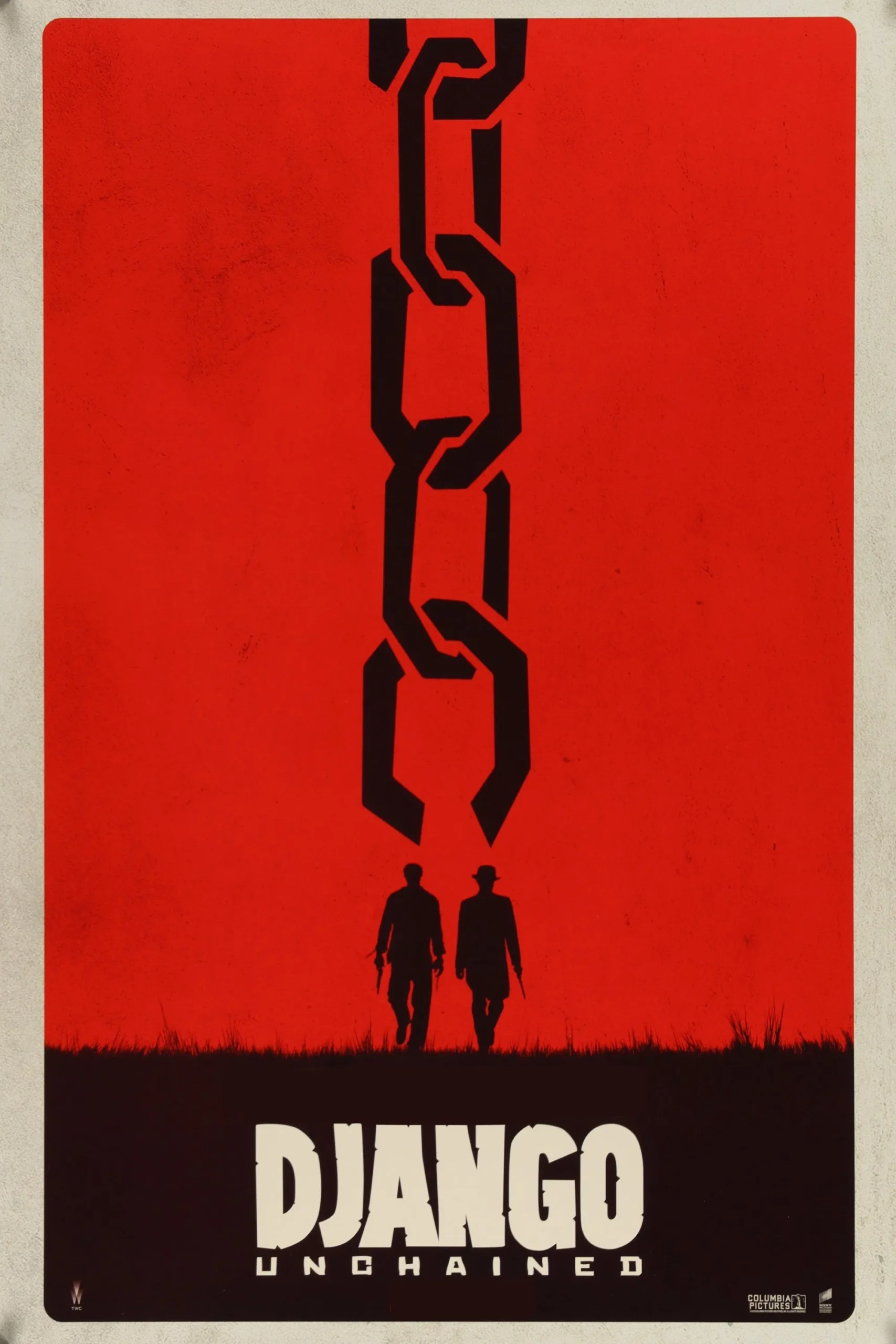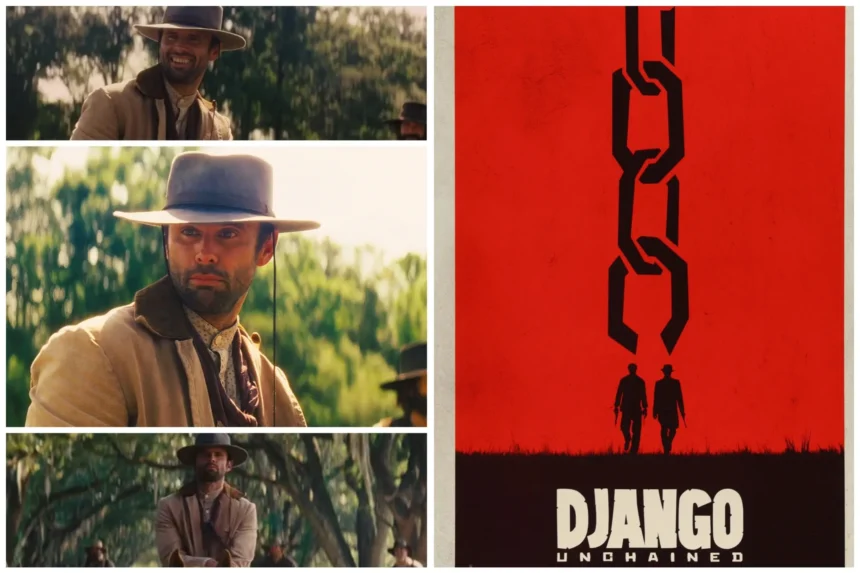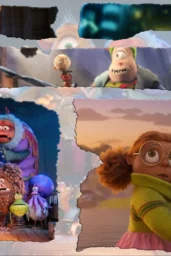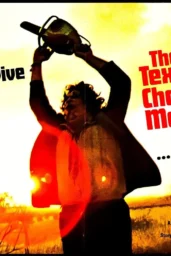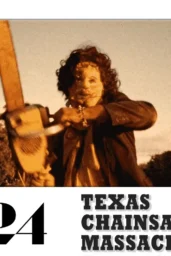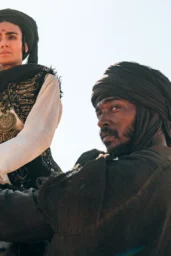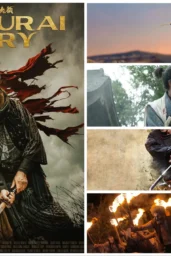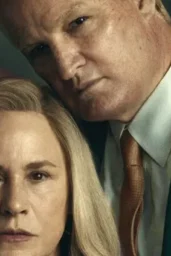There's something deliciously ironic about Django Unchained clawing its way back into relevance on Peacock's Top 10 chart—more than a decade after China banned it, after boycotts tried to bury it, after critics called Tarantino everything from genius to provocateur to downright reckless. Here we are in September 2025, and Jamie Foxx's freed slave-turned-bounty hunter is sitting pretty at No. 5, having climbed from No. 8 just ten days earlier.
The algorithm doesn't care about your moral outrage, apparently.
A $100 Million Gamble That Paid Off
Django's streaming resurgence feels… inevitable, honestly. Tarantino's 2012 Western was always going to find its audience—the question was whether that audience would find it first, or whether the controversy would swallow it whole. With a $100 million budget and over $426 million worldwide, the numbers spoke louder than the protests. That 87% Rotten Tomatoes score? Still holding strong after all these years.
But let's be honest—this isn't just about box office vindication. There's something deeper happening when a film this polarizing refuses to fade away. Maybe it's because Django Unchained, for all its flaws and fury, captured something raw about America's ugliest chapter. Or maybe audiences just love watching Leonardo DiCaprio play an absolute monster.
The cast alone should've guaranteed longevity. Foxx as Django, channeling righteous vengeance through every frame. Christoph Waltz as Dr. King Schultz, delivering Tarantino's dialogue like vintage wine—smooth, complex, with just enough bite. And DiCaprio… Christ, DiCaprio as Calvin Candie might be his most chilling performance ever.
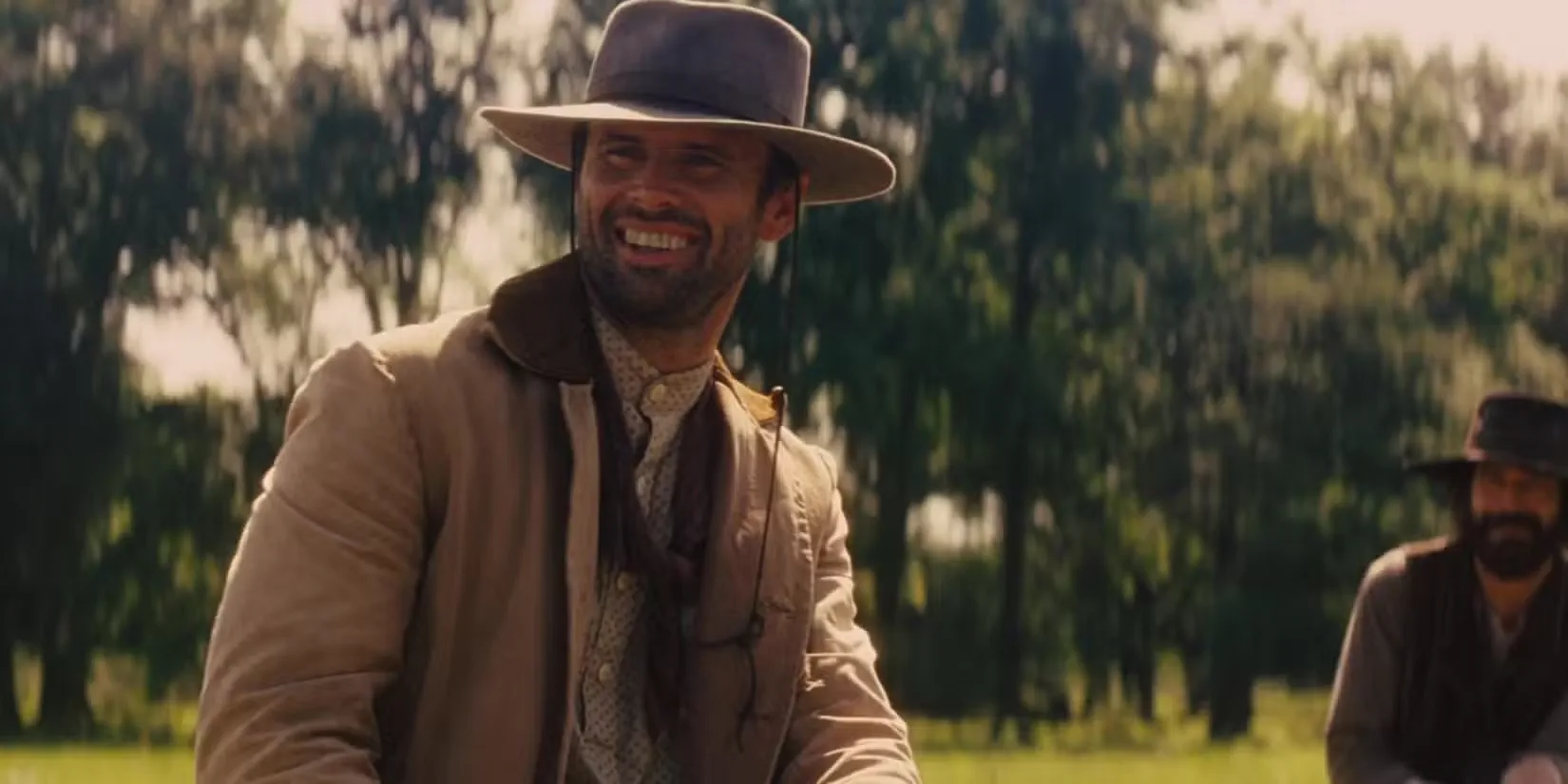
The N-Word Debate That Never Really Ended
Here's where things get messy. Recent revelations from Foxx paint a fascinating picture of the film's production—one where even DiCaprio initially balked at the script's repeated use of racial slurs. The actor actually stopped during a table read, uncomfortable with the dialogue he was expected to deliver.
Samuel L. Jackson—because of course it was Jackson—pushed him through it. “That's how they talked,” seems to be the eternal defense. And maybe that's true. Maybe sanitizing history does us no favors.
But watching this play out in 2025, with Django climbing streaming charts while we're still having these same conversations… it feels almost surreal. Foxx understood the text, he said. “The N-word was said 100 times, but I understood the text—that's the way it was back in that time.”
There's a discipline to Tarantino's madness that his actors seem to grasp instinctively. Foxx compared working with him to attending film school, called him “like a jazz musician. He just plays.” That single-camera approach, treating every line as essential—it's old-school filmmaking in an era of superhero assembly lines.
Jackson's Unwavering Defense
The Pulp Fiction star has always been Tarantino's most vocal defender, and his 2019 Esquire interview remains the definitive take on this debate. Jackson admitted he questioned the filmmaker's choices initially—who wouldn't?—but came to understand the process. Strip away the language, he argued, and you strip away the honesty.
It's a compelling argument, even if it makes you squirm. Context matters. Intent matters. And maybe—just maybe—our discomfort is the point.
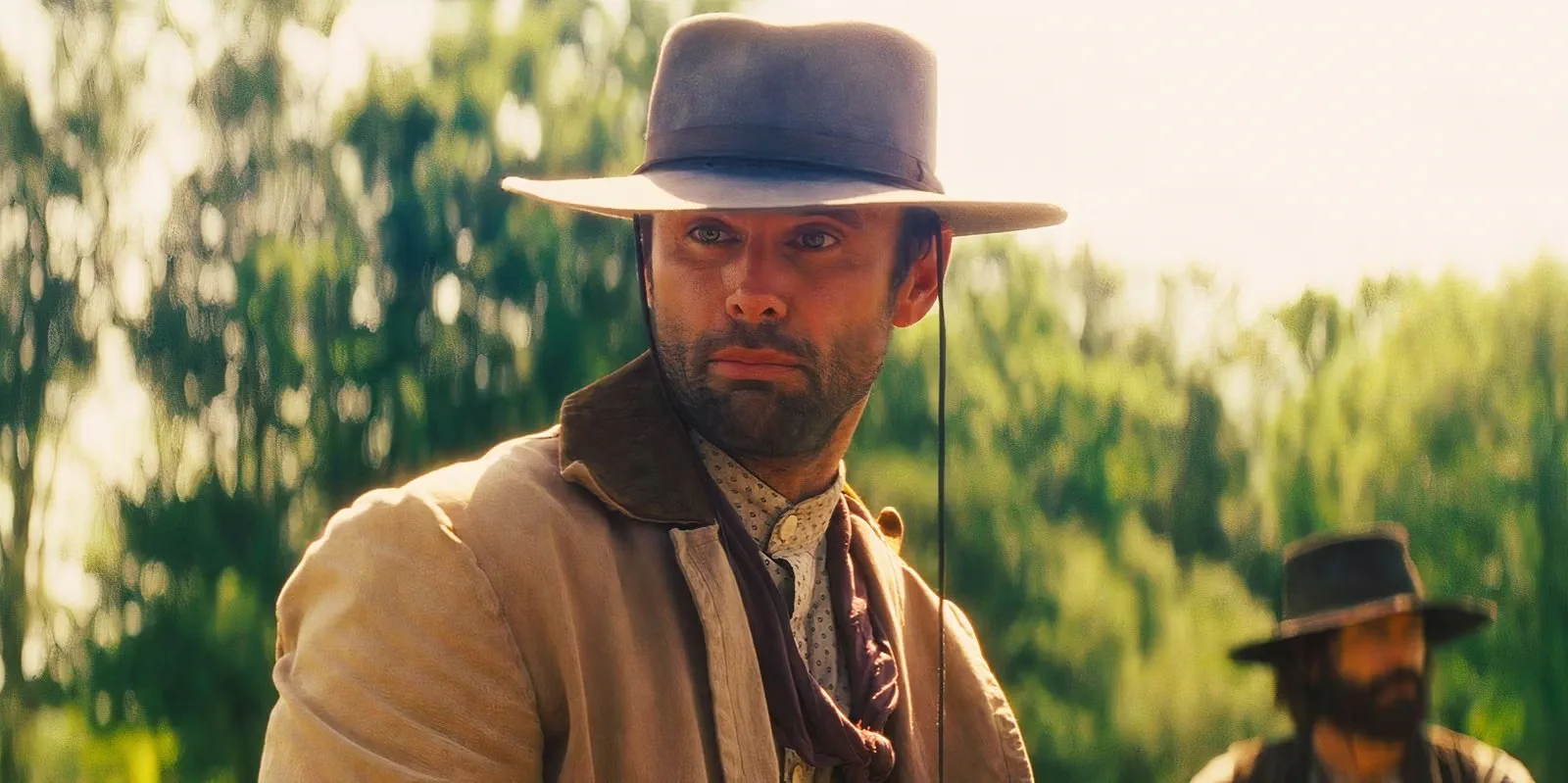
Walton Goggins and the Ensemble That Made It Work
Let's not forget Walton Goggins in all this—the man referenced in our headline deserves his flowers. His Billy Crash brought a specific kind of Southern menace to the film, the kind that feels both period-authentic and uncomfortably familiar. Goggins has always excelled at playing characters who exist in moral gray areas, and Django gave him room to breathe in that space.
The supporting cast—Kerry Washington, Dennis Christopher, James Remar—they all understood the assignment. This wasn't just exploitation masquerading as art. This was art using exploitation to say something meaningful about power, violence, and redemption.
Why Django Endures
So why is Django Unchained climbing Peacock's charts in 2025? Maybe because Tarantino's passion for pure cinema still cuts through the noise. In Foxx's words: “He loves cinema. He loves everything about it.” That love—obsessive, uncompromising, occasionally problematic—creates films that refuse to be ignored.
The Academy recognized it with two Oscars: Best Original Screenplay for Tarantino and Best Supporting Actor for Waltz. But awards don't explain longevity. Audiences do. And audiences, apparently, are still drawn to stories about justice served bloody.
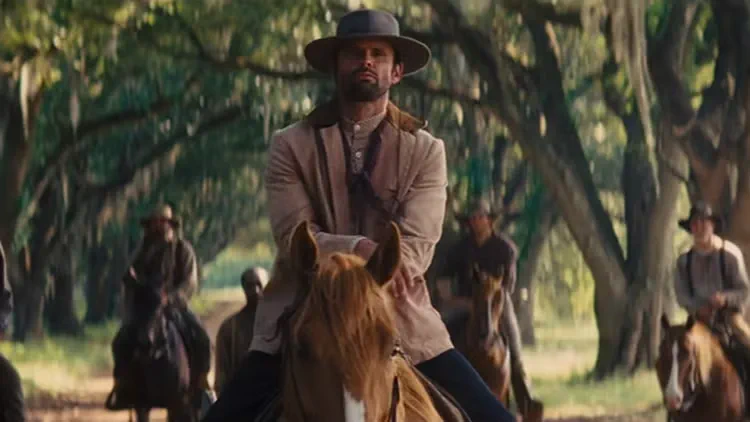
What Django's Streaming Success Really Means
The Controversy Couldn't Kill It Django survived boycotts, bans, and endless think pieces because the filmmaking itself was undeniable.
Star Power Still Matters Foxx, DiCaprio, and Waltz created characters that transcend their controversial context—they're simply magnetic to watch.
Tarantino's Voice Remains Unique In an era of franchise filmmaking, Django's singular vision feels increasingly rare and valuable.
Historical Reckonings Don't Have Expiration Dates America's relationship with its past remains complicated, and Django provides one lens through which to examine that complexity.
Streaming Gives Controversial Films Second Lives What theatrical boycotts couldn't accomplish, streaming algorithms can—putting challenging content directly in front of curious viewers.
Django Unchained is available to stream on Peacock, where it will likely continue climbing charts and sparking debates. Some films age gracefully. Others age defiantly. Django seems determined to do both.
